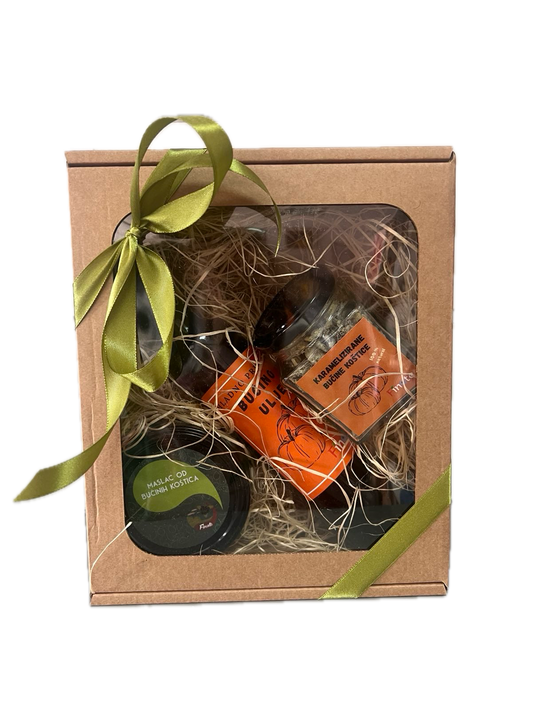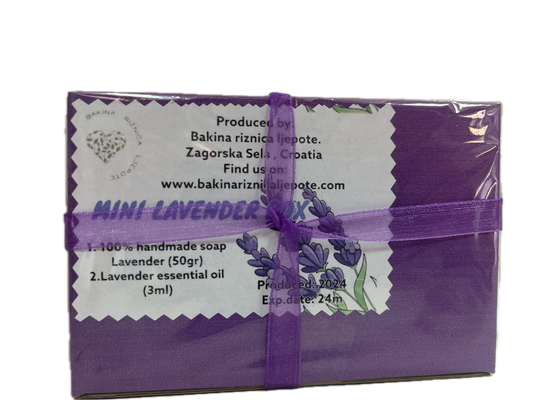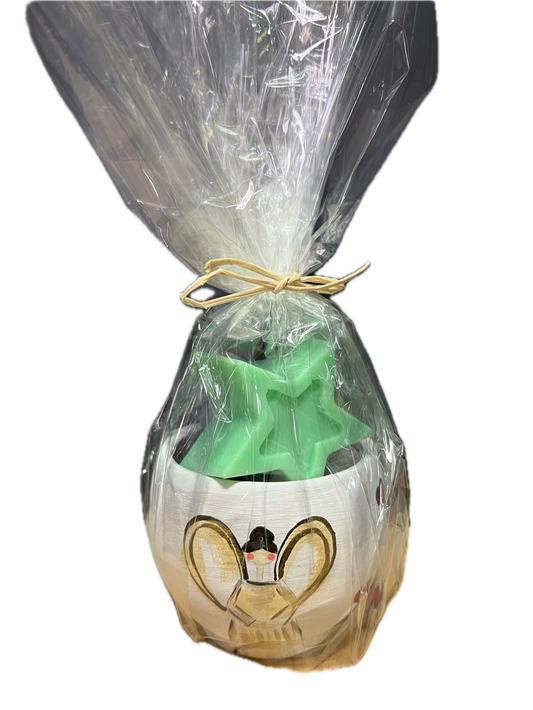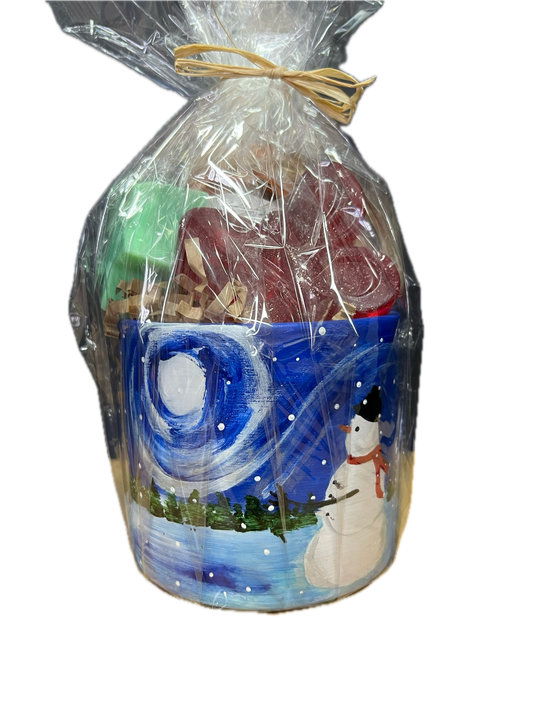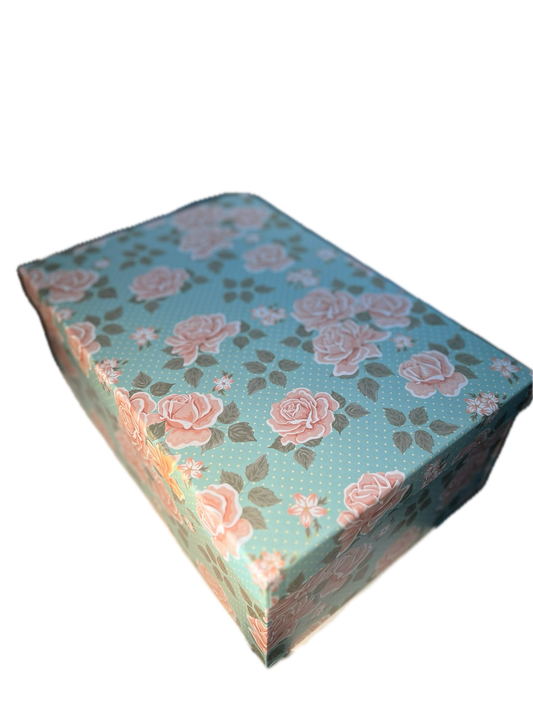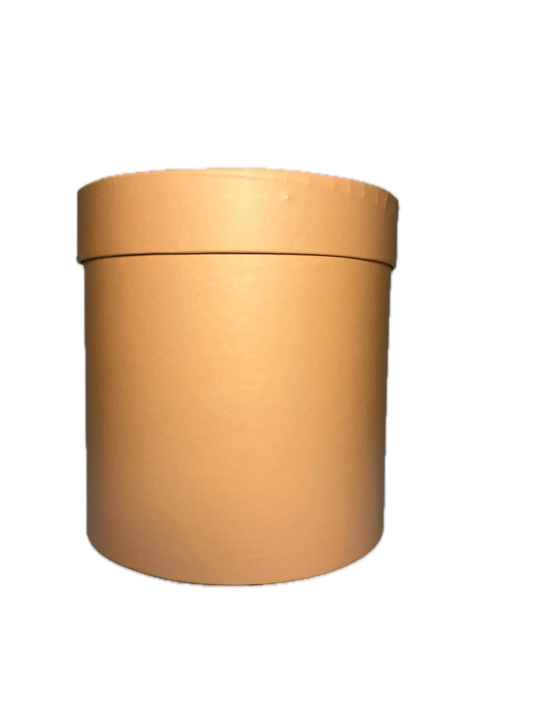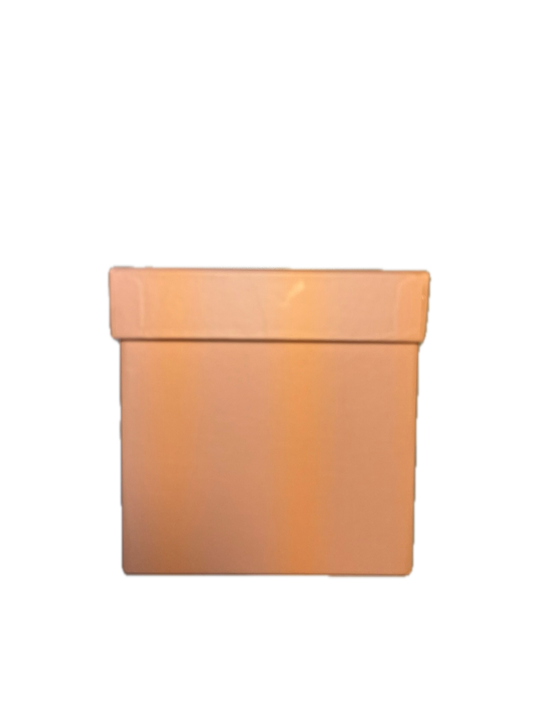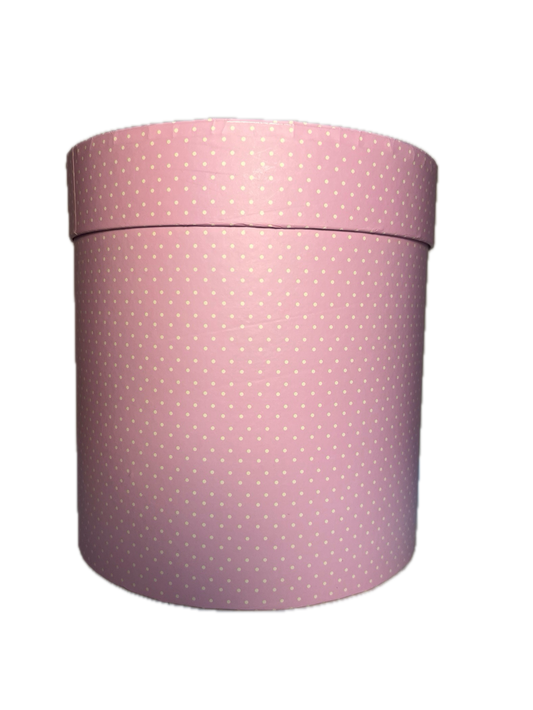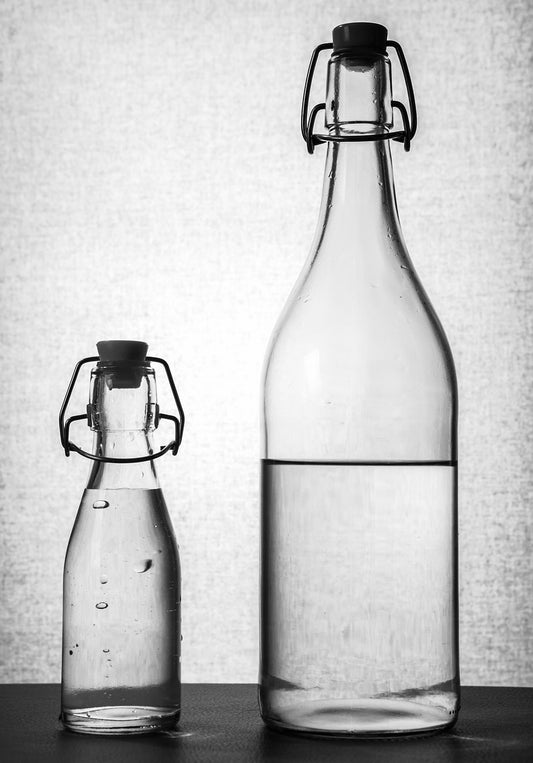
Do the filters that are installed on the tap or faucet work, so that the water from the tap is filtered?
Međimurski cekerWhat do all these devices filter water from?
Faucet or tap filters can remove a wide range of contaminants, including:
- Chlorine and chloramines: Chemicals used to disinfect water.
- Heavy metals: Such as lead, mercury and cadmium.
- Bacteria and viruses: Depending on the type of filter.
- Parasites: Such as Giardia and Cryptosporidium.
- Chemicals: Such as pesticides and herbicides.
- Sediments and silt: Physical impurities that cloud the water.
- Unpleasant odors and tastes: Improve the general taste and smell of water.
How efficient are these filters, i.e. devices?
The efficiency of the filter depends on the type of technology they use:
- Activated carbon: Effectively removes chlorine, pesticides, herbicides, and organic chemicals.
- Reverse osmosis: Very effective in removing a wide range of contaminants, including heavy metals and microorganisms.
- UV sterilization: Kills bacteria and viruses, but does not remove chemical contaminants.
- Ceramic filters: Remove bacteria and sediments.
How much do they contribute to human health, that is, how many benefits are there from using them?
Using a water filter can significantly improve water quality, which has direct health benefits:
- Reduction of exposure to contaminants: Regular removal of heavy metals, chemicals, and microorganisms.
- Improving the taste of water: Water that tastes better encourages people to drink more, which contributes to better hydration.
- Disease prevention: Removing bacteria, viruses, and parasites reduces the risk of water-related diseases.
Are only extremely expensive filters good, or has technology advanced enough that even moderately expensive filters can be considered useful?
Water filtration technology has advanced significantly, so that even moderately expensive filters can provide high efficiency. The key is to choose a filter that is certified to the relevant standards (such as NSF/ANSI standards) and that meets the specific needs of the user.
Are these devices or filters polluting or damaging the water, and should they be cleaned and filtered?
Most filters that are properly maintained and replaced according to the manufacturer's instructions do not pollute or damage the water. However, neglecting maintenance can result in reduced efficiency and potential pollution.
Is it better to use filters that are mounted on the faucet as devices or mobile ones, where water is poured manually?
Choosing between tap-mounted filters and mobile filters (such as filter jugs) depends on the user's needs and preferences:
Faucet filters: Provide a continuous flow of filtered water and convenience. They are ideal for households with higher water consumption.
Movable filters: They are easy to use and often less expensive. They are suitable for smaller households or for travel.
Conclusion
Water filters, whether mounted on the tap or mobile, can significantly improve water quality and have positive effects on health. Modern filters, even those in the middle price category, offer efficient removal of a wide range of pollutants. It is crucial to choose the right filter according to specific needs and maintain it regularly to ensure its maximum efficiency and safety.




















